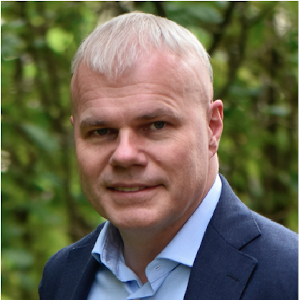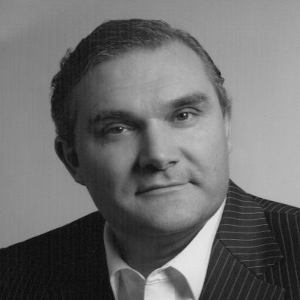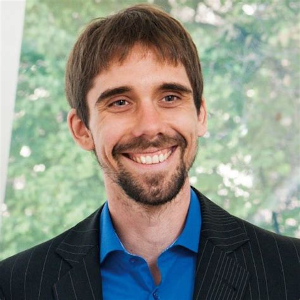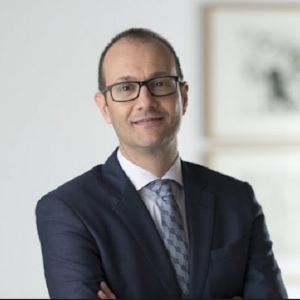Indepedent, Security & Self Sovereign
Digital identity for Humans
It is the prerequisite for all private, economic, and public legal transactions, i.e. access to social life. A legal identity offers protection against human trafficking and slavery. In today's digital world, a secure digital identity is a basis for a safe and efficient digital economy and administration. It also facilitates digital life access for people with a traditional legal identity. In the digital space, a particular need for personal data protection arises.
10 reasons for ULISSES
- Millions of people do not have access to any secure legal identity.
- In many states, corruption makes access to any secure legal identity difficult.
- People are deprived of their legal identity and are thus defenceless against traffickers.
- Today's identity solutions are vulnerable to forgery, misuse, and theft, thus encouraging crime and illegal migration.
- National or regional legal identities are often not sufficient to solve supra- and international problem areas.
- The use of traditional legal identities in the digital economy causes a great deal of effort and significant data protection problems.
- Identity solutions issued by profit-oriented private companies lead to conflicts of interest and usually do not receive recognition outside the specific field of application.
- Nowadays, there is little transparency about the use of identity data by third parties in general.
- Nowadays, often more personal data than necessarily has to be disclosed.
- Centrally managed identity registers are susceptible to manipulation and errors about which the persons concerned do not necessarily have to be informed.

ULISSES is the basis for a safe and efficient digital economy and administration. It serves to achieve at least seven of the 17 Sustainable Development Goals (SDGs) of the United Nations “for peace and prosperity for people and the planet, now and into the future”.
Layer 0 for digital identities
Universal ID
ULISSES is a non-profit foundation to create a universal natural law identity (Universal ID U-ID) accessible to all people. In doing so, the well-being of the individuals is just as central as the common good. The Foundation is to have suitable tools developed for this purpose and make them permanently available, as well as take measures for their worldwide dissemination and legal recognition by states and the United Nations.
ULISSES is not building another Identity Solution or SSI - we are building the layer zero for other digital identity projects.
Read our journeySecure, Privacy-Preserving and Open
Concept of Universal ID
World-wide Civil Register
It has to be one civil register which is accessible for all humans in the world.
This enables the same basic rules of law and register processes for all.
Acknowledgement system for additional register entries.
Decentralised Governance
Based on DLT, also known as blockchain, which is a secure, efficient and trusted technology for registers. With DLT, no central intermediary has to be trusted in for the operation of the register.
A DLT-based register is available throughout the internet.
Definition of Identity by Biometric Features
The identity of a human being is defined just by its biometric features.
The identity is not derived from a legal or national identity, such as the nationality.
Additional features, as name, date and location of birth, parents, have to be added to the register entry according to data protection rules.
Data Protection by Design
No personal data is stored in the World-Wide Register.
Data stays always with the registered Person.
So-called Hash-Functions are used, which basically are one-way encryption functions transforming biometric data into identifiable ones.
Data minimization: Only the pure information needed will be provided



























